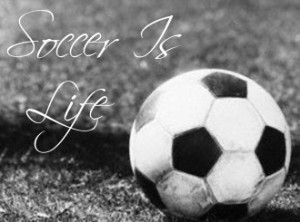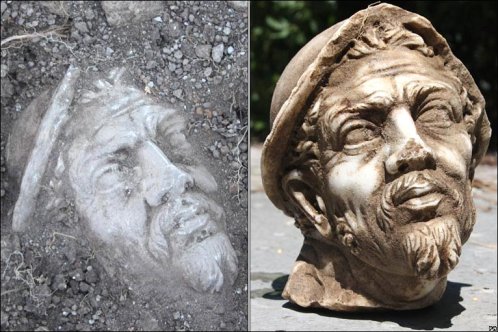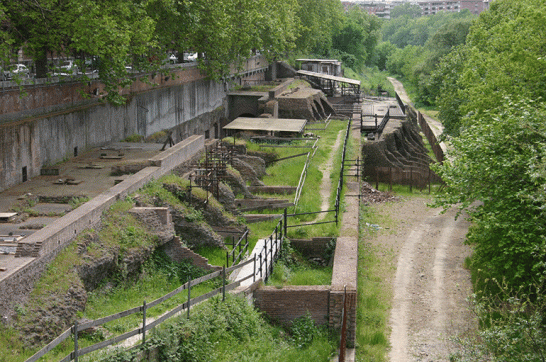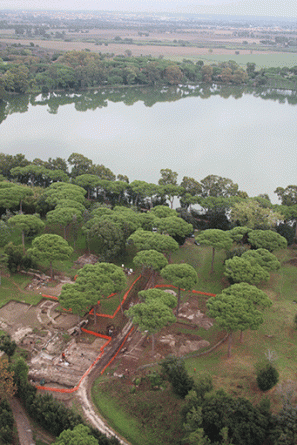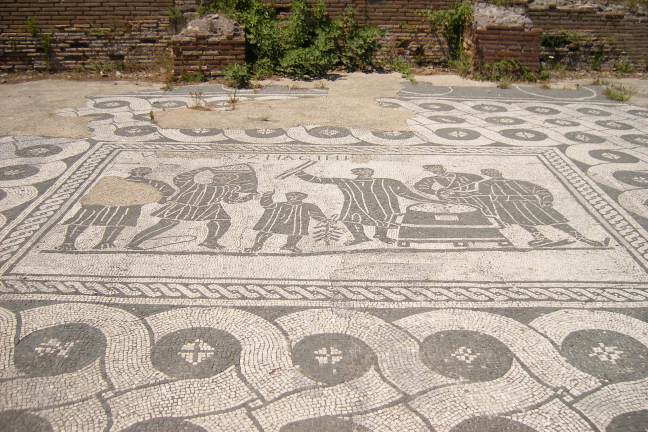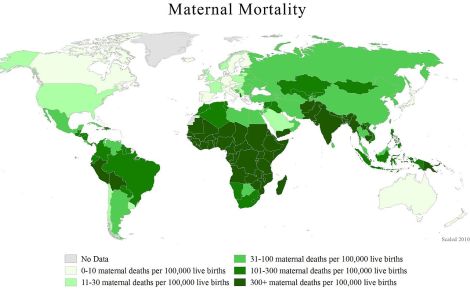With all of the events of the past two weeks, both good and bad, social media has exploded with both liberals and conservatives voicing their opinions about the state of our nation. I often wonder what happens to shape a person’s belief system. Some point to education and upbringing, which are likely great factors in how we develop as a person. But, I feel that there also has to be some inherent personality traits for one to become either liberal or conservative. And perhaps naivete is part of being a liberal.
For me, I went from voting for Ronald Reagan in 1984 to a flaming liberal in quite a short time after that. Why? On the Reagan voting it was simple. I bought into the ideology that he would keep us safer than the alternative. It wasn’t until I realized that we weren’t likely to have a nuke fall in our laps if our enemies wanted to live to see the 21st century that I began to question this real need conservatives have to feed on fear. Either their own or somebody else’s.
On becoming a flaming liberal, or libtard as some of the more vocal Libertarian and conservative “friends” like to call me, it’s more complicated. I had had a daughter at a very young age, was in a situation with her father that wasn’t always pleasant, and found myself at odds with teaching her to fear the world, or to hate, or to believe herself superior. She, as are all three of my children, is incredibly smart and able to think on her own, but I wanted to have some influence over her happy childhood, if I could. And to teach her that the world was a cold, scary place was never in the cards.
And the semi-conservative place I was in was far scarier than the more optimistic place I found myself as a liberal.
I find it really funny when a conservative says liberals are the true racists, or that we are so pessimistic. How ironic. I don’t own a gun because I need to protect my property or I fear being raped or murdered. I believe in the goodness of most people and refuse to fear the minority of criminals who might, someday rush into my house to steal my crap. They can have my crap, it’s not at all important. Not at all.
Is the incredibly naive? Possibly. But I’m pretty happy with that.
What I am not happy about is what I fear is becoming a common theme within the liberal community. We get focused on an aspect of some cause and forget what actually is really important. These past two weeks have shown that our country can make great progress, that people can unite and create a beautiful society, if we try. But it has also shown us that we can still be an ugly, hate-filled place, one that still burns churches and calls upon death for those who are not the same as us. Progressives certainly scored a victory with the legalization of same sex marriage, the ACA being upheld, and the possible beginning of the derailment of gerrymandering (possibly the most important SCOTUS decision of the three). Yet, we also focused on symbolism that, while representing hatred, slavery, oppression, abuse, was just that. A symbol.
We got distracted. And it played into hateful people’s disgusting little hands. Taking down the Confederate Flag from government buildings is important. It’s unbelievable that it hasn’t happened sooner, but in truth, it solves nothing. I completely understand that it makes people feel better, and I wholeheartedly agree that it’s a symbol of hatred that needs to be away from anything related to public properties. But it isn’t going to change the truly twisted who kill nine people in church, or the churches that are burning, or even the fact that the weapon of destruction is so soundly defended in our nation that you can’t even be for some reforms without heads exploding and memes about Islam popping up all over the internet.
The real problem has been swept under the rug. And the conservatives who want to continue to ignore that we have exponentially more gun deaths in this “civilized nation” than any other country. Study after study after study had shown that the United States has a gun problem. Yet that has not even been discussed after Roof slaughtered the innocent other than a few Facebook memes and those few who are continually appalled at this state of affairs.
Certainly, the powers that be, beyond commentary from the usual suspects, have said pretty much nothing.
The Confederate Flag controversy must have seemed like manna from Heaven. Look, see what we politicians can do!!!! We can remove this racist symbol like we should have supported doing decades ago!!!
While the real issue gets ignored until it happens again. And it will.
Are we progressive liberals that naive? Do we really believe that taking away a symbol will change hatred? Change an inherent ideology based on the construction of black people, or gay people, or atheists, or Jews, or people of Islam as inferior, stupid, killers, or an abomination? An ideology that tells whites that they are superior and somehow deserve a place above every other citizen of Planet Earth looks pretty good when you are filled with fear that somehow someone else is getting something you are not. And when you have an entire half of your political system pushing that agenda, some conservatives feel vindicated.
I want to make it clear that I do not support the Confederate Flag at all. I believe it brings emotions for black Americans that as a white woman I can only peripherally understand. I understand that it has long been a calling card for those most hateful toward blacks, for those that still think they are fighting a war that they lost over a hundred years ago, and a symbol of the racist who truly believes that they are justified in their hatred. It evokes fear, death, torture and rape. Further, it has no place in our government buildings. Those who feel this is a Free Speech issue are free to hang it in their houses, wear it on their person, or use it as their profile picture on Facebook or where ever they’d like. But not in our government, which has its own problems with race and ideology.
But we lost the plot.
The issue is not just the flag, or even the guns. It’s the continued atmosphere that by somehow embracing all people whether they are black, Mexican, gay, women, Christian, Buddhist, whatever, we are destroying the nation. That the melting pot only counts if you are of European and Christian descent. That everyone else is BAD, so bad that they’ll kill you in your bed, or rape your daughters, or destroy the morality of your neighbors. It’s fear. Fear that permeates our country and manifests itself insidiously, creating the worst of us instead of the best of us.
Much has been discussed about how to change these ideas. Education only works if the student is engaged in learning the lesson, but it is paramount that education plays a part in those changes. Unfortunately, even in this those who understand and have studied history are foiled as states such as Texas have altered history to suit their needs. We have to fight against the ignorance and become engaged ourselves.
Can we change one’s upbringing? I think so, yes. Gently, then insistently, then perhaps with a lot of discussion. Open your heart to those that are hateful, let them know you are not. Exposure means a lot. I’ve discussed a great deal how playing sports granted me the privilege of playing with girls who were not white. I loved them as much. or disliked them as much, as my white friends. Never be afraid to disagree, and be honest. If you’re angry, say so. If you’rs disappointed, say so.
And we cannot continue to be swayed by small, symbolic victories. And we can’t lose faith that the greater good will win out.
Maybe we liberal progressives are that naive. Maybe we thought that tearing down a symbol would tear down walls and that people would understand that the flag was painful to look at and caused abject fear for black Americans. Perhaps we’re naive in thinking that the United States has the capacity to actually be the best country in the world instead of that just being a catch phrase. And when our hopefulness that the Supreme Court recognizing that the LGBT community deserves dignity and love as much as the straight community that overwhelmingly outnumbers them was shattered by taunts, anger, and pure hatred, we still fought on. We still discuss.
We still hope.
And if that’s naive, I’d rather be there than in fear of everything.
